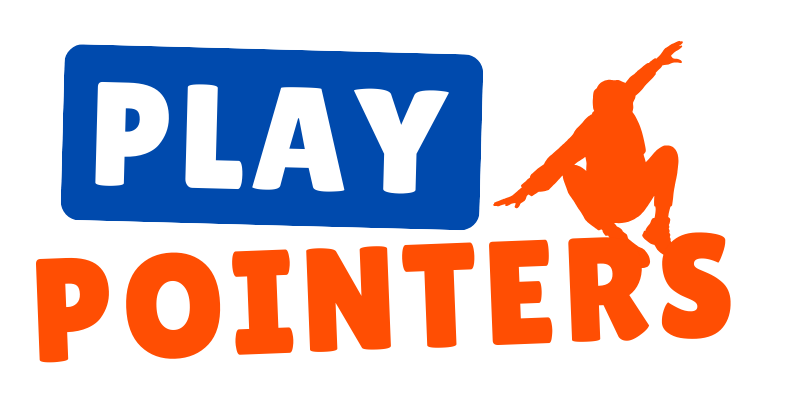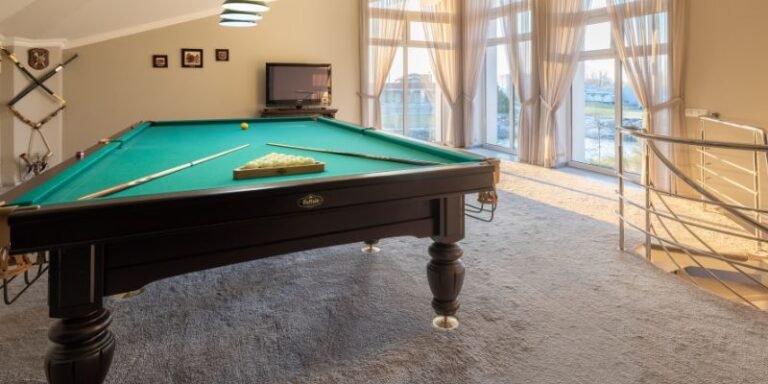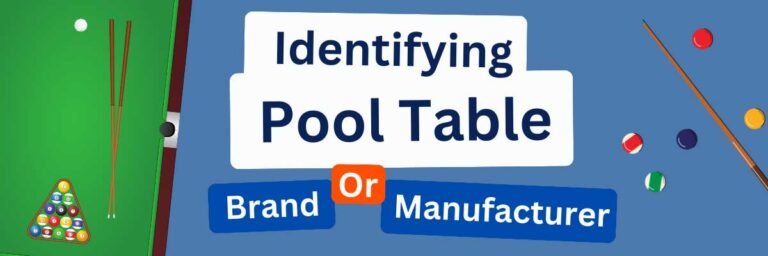Can You Sit on a Pool Table to Make a Shot?

Billiards, or pool, is a game that combines skill, strategy, and a bit of etiquette.
One question that often arises among players, both novice and experienced, is: Can you sit on a pool table to make a shot?
This article delves into the nuances of this question, exploring the rules, etiquette, and practical aspects of pool playing.
Key Takeaways
- Understanding Pool Table Etiquette: Learn about the general rules and etiquette of pool regarding sitting on the table.
- Impact on the Pool Table: Discover how sitting on a pool table can affect its condition and gameplay.
- Alternative Shot Techniques: Explore different techniques to make difficult shots without sitting on the table.
The Quick Answer – Can You Sit on a Pool Table to Make a Shot?
Yes, technically, you can sit on a pool table to make a shot, though it is not advised to do so and goes against professional recommendations.
Generally speaking, most players consider it poor etiquette to sit on a pool table, even disrespectful to a certain degree.
Impact on the Pool Table from Sitting to Make a Shot
Potential Damage to the Table
Sitting on a pool table can lead to various types of damage, and the most common issue is stretching or tearing the felt, which affects the roll of the balls.
- Rips in the playing cloth typically come from cue slips, but can also happen if parts of clothing or jewelry get caught in the material by sitting on a pool table.
- Bumpers, which are typically made of rubber, can also get damaged, which can affect the ball rebound and gameplay.
Damage To The Frame
Pool tables are not designed to take much external weight.
The frame on slate pool tables can hold more weight compared to MDF, which is a lot lighter and less durable than slate.
- Sitting on the side of a lightweight pool tables can cause the legs to bow.
- On sturdier slate pool tables, sitting can crack the slate beneath the felt under excessive weight, leading to costly repairs.
Official Rules and Regulations
While it’s considered that sitting on a pool table to make a shot, goes against good pool table etiquette, technically it’s not against the official rules.
According to official billiard rules:
- Only one foot has to remain on the floor at all times.
- If both feet leave the floor, while shooting, it results in a foul.
It’s important for players to familiarize themselves with not only the official rules, but also good pool table etiquette, or risk the wrath of fellow players.
What is Pool Table Etiquette
Pool table etiquette encompasses a set of unwritten rules and behaviors that are expected of players during a game of pool.
These guidelines are designed to ensure a fair, respectful, and enjoyable experience for everyone involved.
Understanding the Basics of Pool Table Etiquette
| Etiquette Aspect | Description |
|---|---|
| Turn-taking | Wait for your turn and do not distract others. |
| Equipment Handling | Treat cues, balls, and the table with care. |
| Shot Calling | In certain games, call your shots before playing. |
| Observing | Watch quietly and respectfully while others take their shots. |
| Sportsmanship | Be gracious in victory and defeat, and handle disputes calmly. |
| Table Maintenance | Keep the table clean and avoid food and drinks near it. |
| Game Setup and Breakdown | Properly set up and clear the table before and after games. |
Respecting Turns and Shots
One of the fundamental aspects of pool table etiquette is respecting the order of play.
- Players should take turns in a predetermined sequence, usually decided at the start of the game.
- It’s important to wait patiently for your turn and avoid interrupting another player’s shot.
Handling Equipment with Care
Pool cues, balls, and the table itself should be treated with care.
This means avoiding rough handling of the cues, not dropping balls, and ensuring that the table’s surface is not damaged.
Etiquette in Shot Calling and Observing
Calling Your Shots
In certain types of pool games, it’s customary to call your shots.
- This means verbally stating which ball you intend to pocket and in which pocket before you take your shot.
- This practice adds a layer of skill and fairness to the game.
Observing Quietly
While others are taking their shots, it’s polite to observe quietly and avoid making any distracting noises or movements.
This respect for other players’ concentration is a key part of pool etiquette.
The Role of Sportsmanship in Pool
Winning and Losing Gracefully
Good sportsmanship is essential in pool.
This includes being gracious in both victory and defeat, complimenting good shots by opponents, and avoiding negative comments or gestures.
Handling Disputes
Disputes should be resolved calmly and fairly.
If there’s a disagreement about a rule or a shot, it’s best to discuss it respectfully and come to a mutual understanding or decision.
The Importance of Table Maintenance
Keeping the Table Clean
Regular cleaning and maintenance of the pool table are part of good etiquette.
This includes brushing the felt, cleaning the balls, and ensuring that the table remains free of debris and spills.
Avoiding Food and Drink Near the Table
To prevent damage and maintain cleanliness, it’s advisable to keep food and drinks away from the pool table.
Spills can damage the felt and affect the playability of the table.
Etiquette for Setting Up and Breaking Down the Game
Setting Up the Game
Properly racking the balls and ensuring that all equipment is in good condition before starting the game is part of respectful pool etiquette.
Ending the Game
At the end of the game, it’s polite to thank your opponents, help in clearing the table, and put away the equipment properly.
Incorporating Etiquette into Your Game
The best way to incorporate pool table etiquette into your game is through practice.
- Be mindful of these guidelines during every game, and soon they will become second nature.
- If you’re playing with less experienced players or those unfamiliar with pool etiquette, gently guide them through the norms.
This not only improves the game for everyone but also helps in spreading the culture of respect and sportsmanship in the pool community.
Can You Lean on a Pool Table to Make a Shot?
Much like sitting on a pool table, as long as one foot is on the floor, leaning is allowed, however, it should only be done when there is absolutely no other choice.
Heavily leaning on a pool table is bad etiquette.
- Leaning heavily on the table can damage the surface and affect the playability of the table.
- It’s important to show respect for the equipment, especially in shared spaces or at someone else’s table.
Mastering Difficult Shots Without Sitting or Leaning
Some shots in pool require advanced techniques that can be executed without leaning heavily on the table.
Use the Bridge
Instead of resorting to sitting on the table, players can master the use of the bridge cue, which are invaluable for extending reach and stabilizing shots.
Learning to use these tools effectively can greatly enhance a player’s game.
Developing Skills
Advanced techniques, such as the masse shot or jump shot, can be developed to handle situations where the balls are not easily accessible.
These shots require practice but add a significant edge to a player’s repertoire
Final Thoughts on Can You Sit on a Pool Table to Make a Shot?
You can sit on a pool table, though it is not often recommended to do so. According to the rules of the game, one foot must always touch the floor. It can also be seen as bad manners, a disregard for etiquette which is to the annoyance of most players.
Aside from the official rules, you should also abide by the house rules, which usually clearly state no sitting on the pool table.
References
https://bca-pool.com/general/custom.asp?page=55






